Lucy’s Labrador has lost 25 pounds. Tabitha’s chihuahua has parvovirus. For these two families, a mobile veterinary clinic is the only affordable option. One in three New York City households owns a pet and about 20 percent of New Yorkers live below the poverty line. As the city gets more expensive, so does veterinary care. Lucy and Tabitha have to make tough choices to save the pets who help them cope with isolation and poverty. The vet van is a low-cost solution, but not a perfect one. Is it worth the trade offs? Two families risk it all to find out.
Director Statement We are both first-time filmmakers and made this film as part of the graduate program at Columbia Journalism School. The film was produced, filmed, and edited entirely by us. Making this film was a labor of love. We spent over 300 hours shooting the film, interviewed over 100 Low Cost Vet Mobile clients and spent 18 months working on the edit. As drama unfolded at the van, it brought into question the legitimacy of the operation. Calling on our journalistic foundation we investigated and found a lack of regulation in the veterinary industry and a complicated history of the van. The Vet Van is not a story that wraps up neatly. It leaves audiences questioning the ethics of each character's decisions and behavior. Our intention was to be impartial. Rather than presenting a solution, we wanted the audience to confront the impossible choices people in poverty have to make. #AniFab judge's aggregate score is 6.8 out of 10 with the following note from one judge, "The Vet Van is very much in the moment.. It puts you in the Van with those trying to help the poorer in their community. It is so hard to get this kind of intimate glimpse into this community, yet The Vet Van succeeds. Nice job Sarah Jenks and Lizzie Mulvey!"
AniFab judge's aggregate score for Free To Fly is 8.3 out of 10 with this judge writing: "Engaging, important, enlightening, presented by a voice and soul that knows this tale is real. These events happen just this way. I believe it is important to hear these stories from the citizens who live and are invested in these places. Its important for AniFab to support them. Nice job Mr. Ovuorho."
AniFab judge's aggregate score for Lake Kabula is 7.2 out of 10 with one note, "We love your voice OkayRay! Your spirit is pretty good too! You're 2 for 2, and we want to work with you in the future. Nice job!
AniFab judge's aggregate score for Night Of The Crabs is 7.3 out of 10 with one judge commenting, "An important short film about the Horseshoe Crab. I believe the most impactful point for me was the outsized roll humans have had on the decimation of a population of species that has been occupying earth for more than 455 million years. Dinosaurs went extinct a little more than 86 million years ago following the last mass extinction, yet the Horseshoe Crab survived, until humans came along at least. Powerful short by a talented young filmmaker." 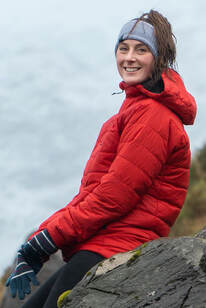 Director Madeleine Brennan Director Madeleine Brennan With only 400 left in the wild, Haast tokoeka have the unfortunate title of being the world's rarest kiwi. Follow Almer, this breeding season's smallest and sassiest chick, as he goes through his first year of life in a ground-breaking conservation programme, 'Operation Nest Egg.' Watch as he grows from a tiny ball of ginger fluff to a 2kg predator fighting machine, and witness the dedication of the people working hard to give him a chance at life. Growing up in New Zealand, I've always enjoyed spending as much time outdoors and in nature as possible. This led me the University of Otago, where I gained a degree in Zoology and Master's in Science Communication Natural History Filmmaking. 'Growing Up Kiwi' is my first documentary film, and I hope to continue telling stories about New Zealand's incredible taonga species. Director Statement I created this film kind of out of chance. I originally planned to document the conservation work of Rowi kiwi, a small greyish bird dotted with little white freckles. I found them adorable, and was fascinated that the population was beginning to go blind as a result of their night time foraging. However, the lead conservation ranger had a different idea. She asked me if I’d considered filming Haast tokoeka kiwi instead. I hadn’t, with the sole reason being that I had never even heard of them. Turns out not many people have, as these fiery kiwi with their bright ginger plumage prefer a mountain life as far away from humans as they can get. But with only 400 of them left, they need our help. So when I was given the opportunity to head out with the tokoeka team, I jumped at it. This led to two years of following a sassy little kiwi chick called Almer through an intensive conservation programme called ‘Operation Nest Egg’, where he was temporarily removed from the wild and reared in captivity to protect him from introduced predators. My hope is that this documentary can help shine some light on this incredible species, because I truly believe they need to be known. AniFab judge's aggregate score for Growing Up Kiwi is 7.9 out of 10 with one judge writing, "Completely enjoyed Maddy Brennan's Growing Up Kiwi. It is so common today to see the level on which people must get to to be able to understand what other people have done to impact the world around them. Much human trial and error ends up in decades if not permanent situations detrimental if not catastrophic to the natural world around us.
|
2021 Official #AniFab Monthly Selections
September 2021
Monthly SelectionAnimalis Fabula Film Festival official monthly selections have the opportunity to compete for monthly attention as well as inclusion in the annual live / virtual film festival in Austin, Texas and the end of year fundraising benefit for animal welfare. |

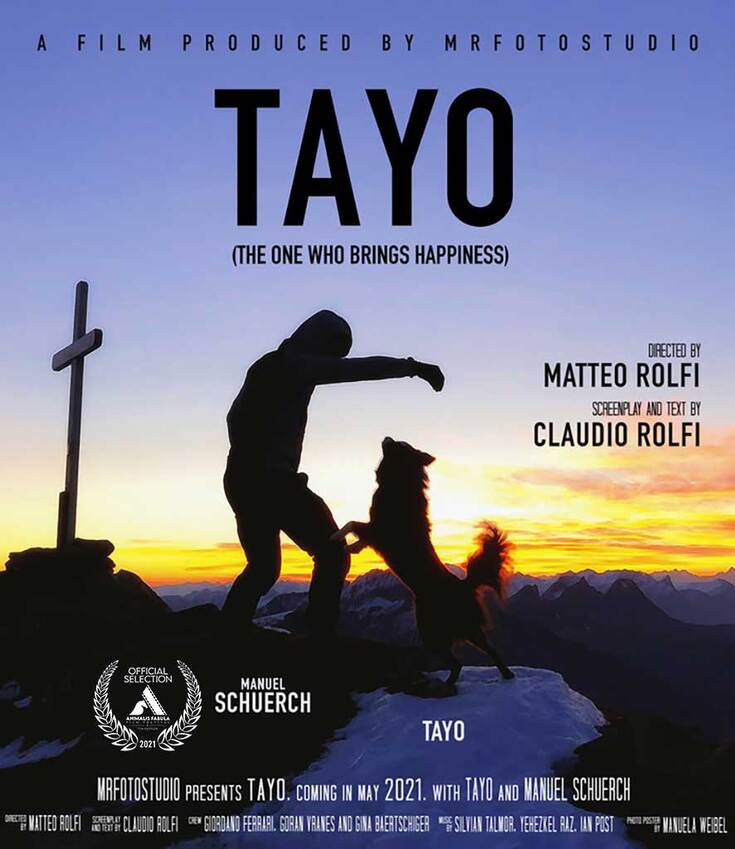
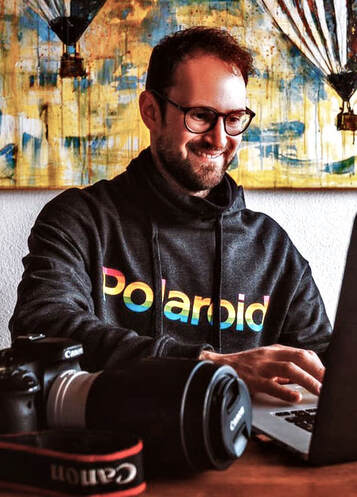
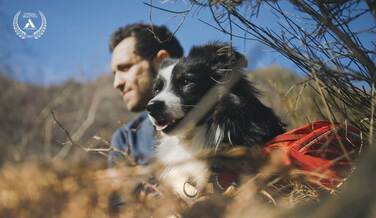
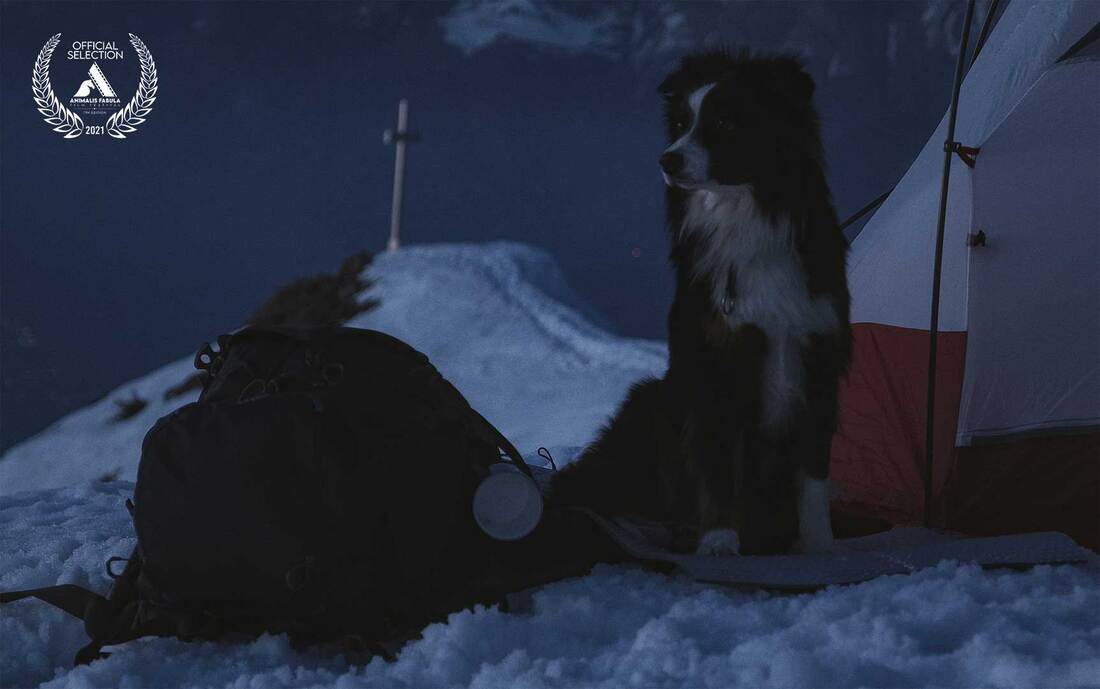
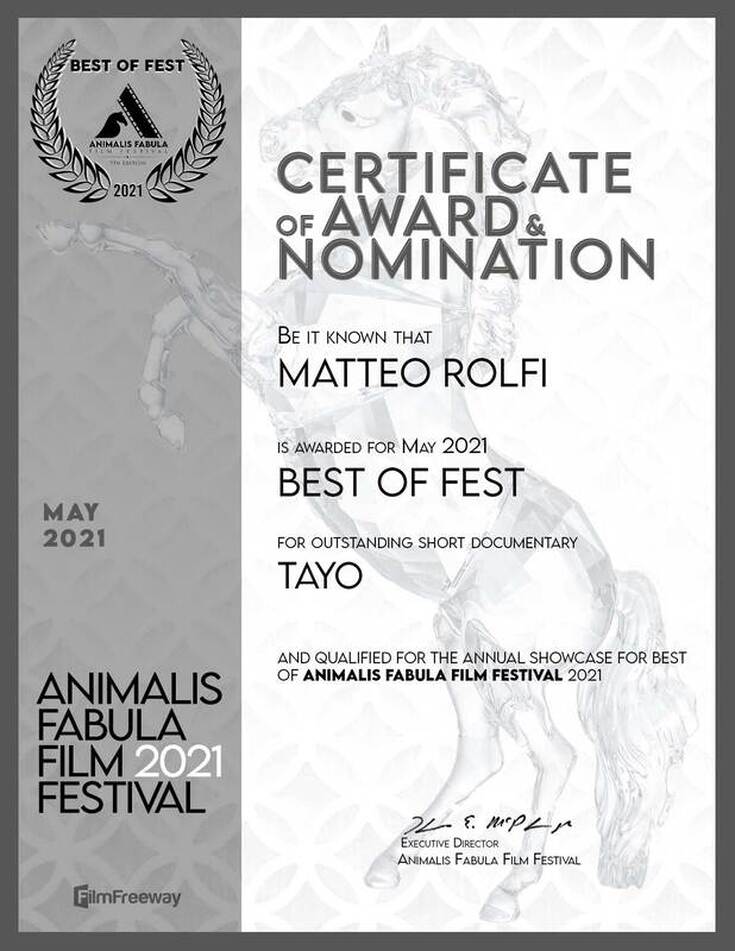
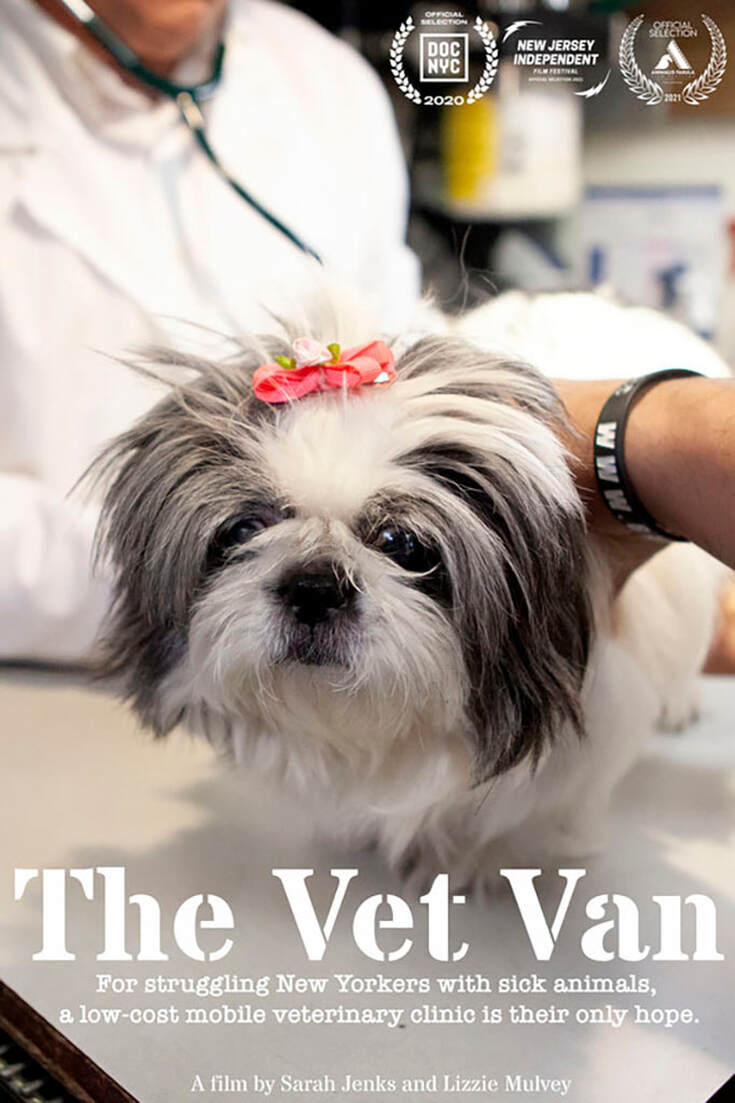
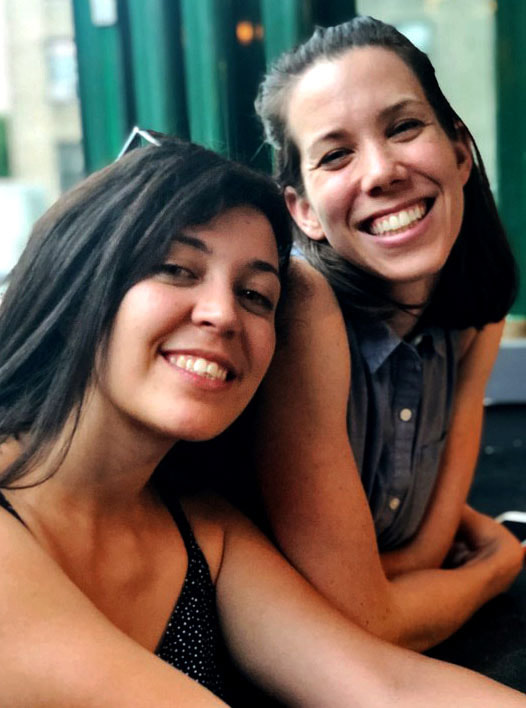
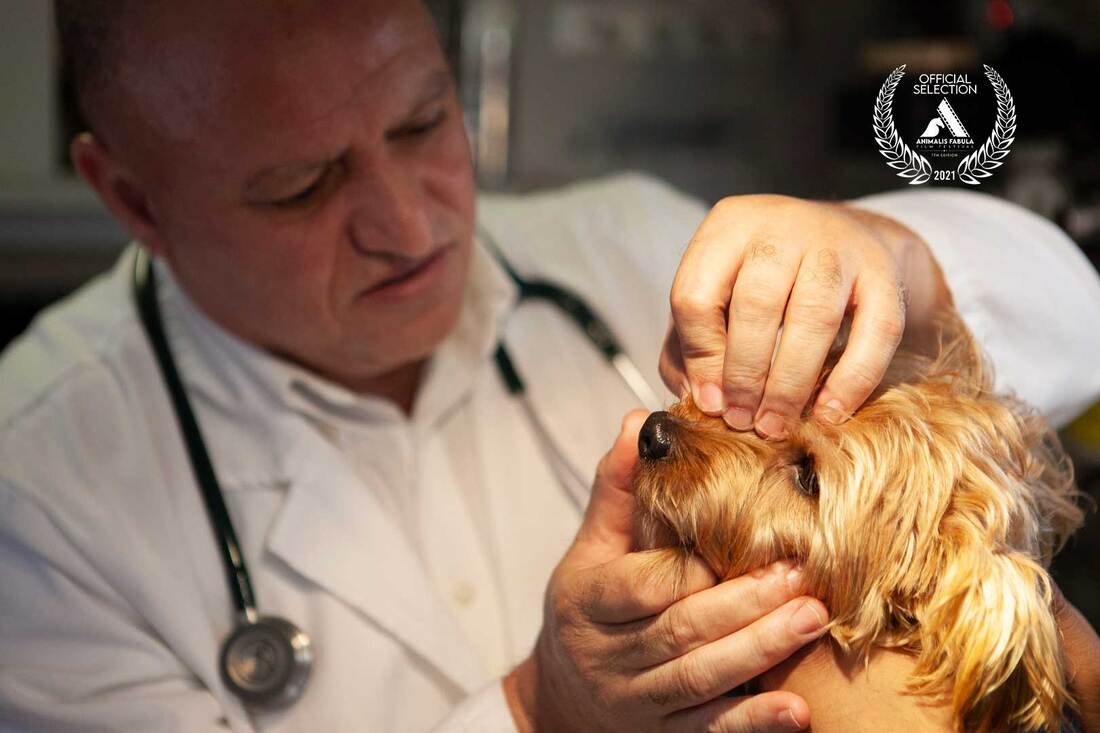
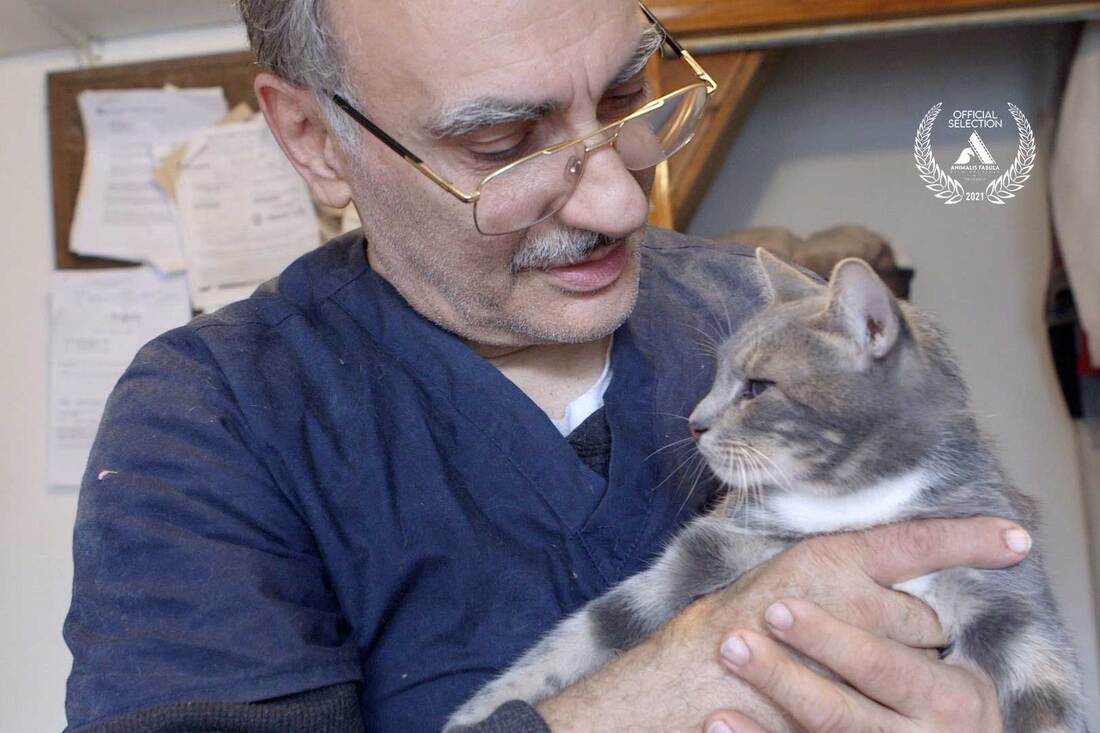
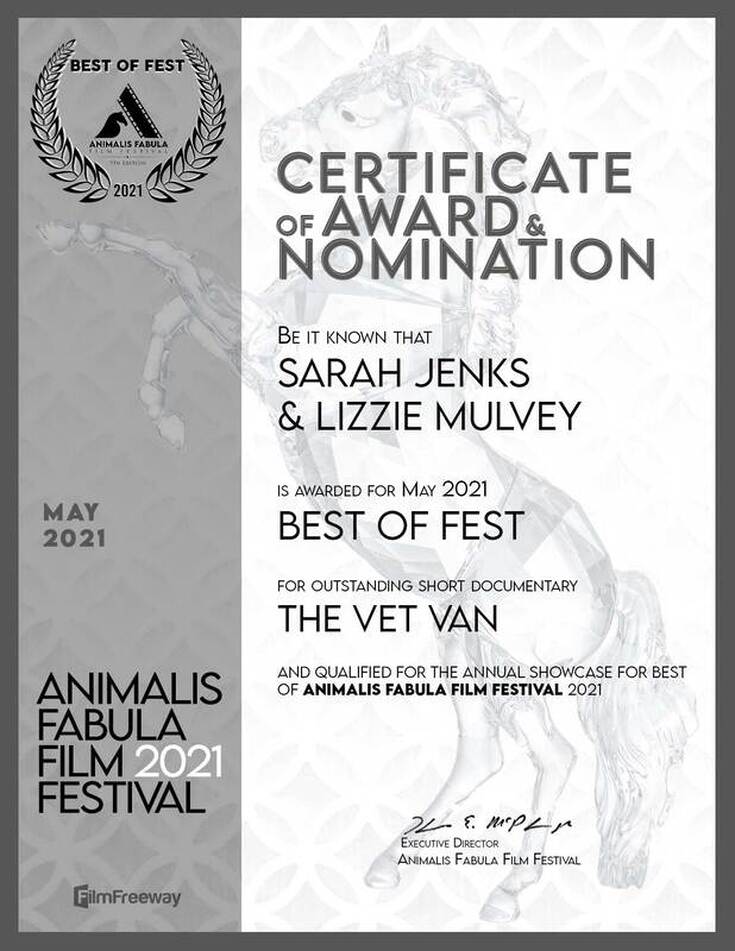
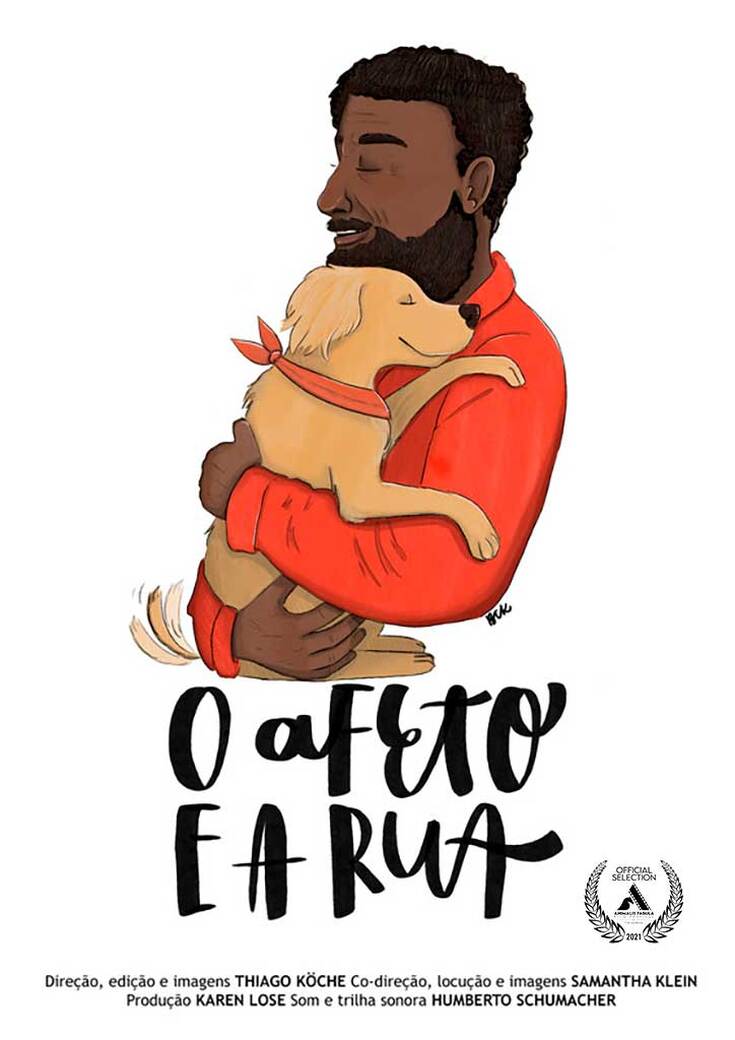
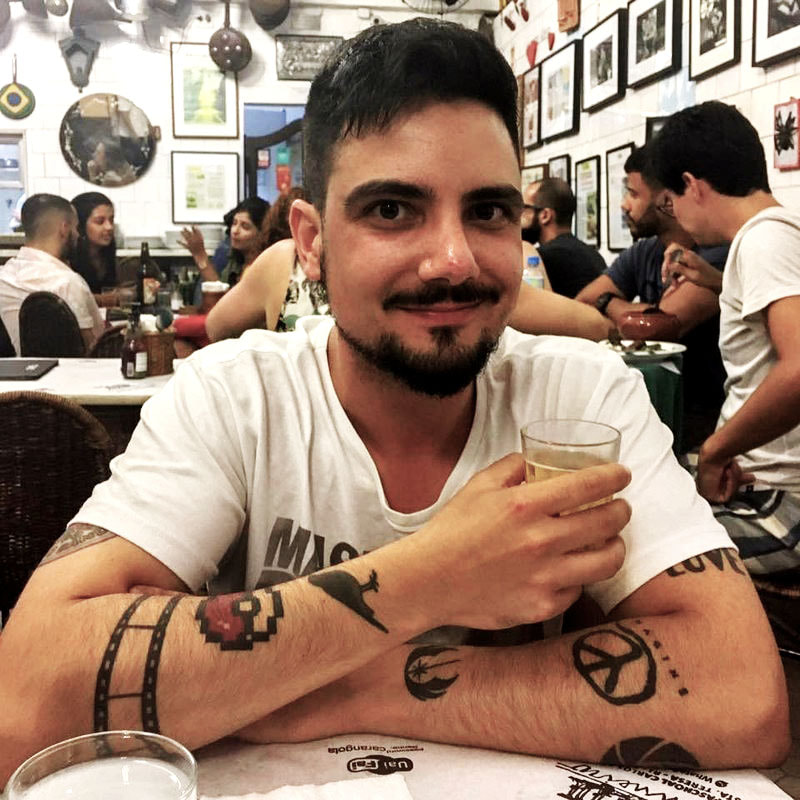
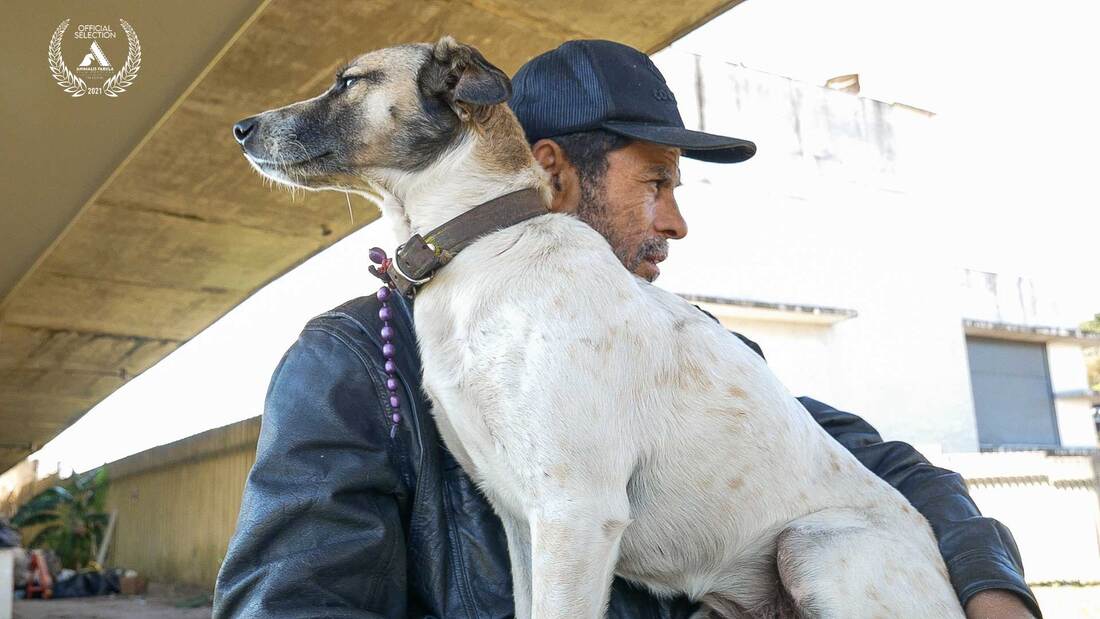
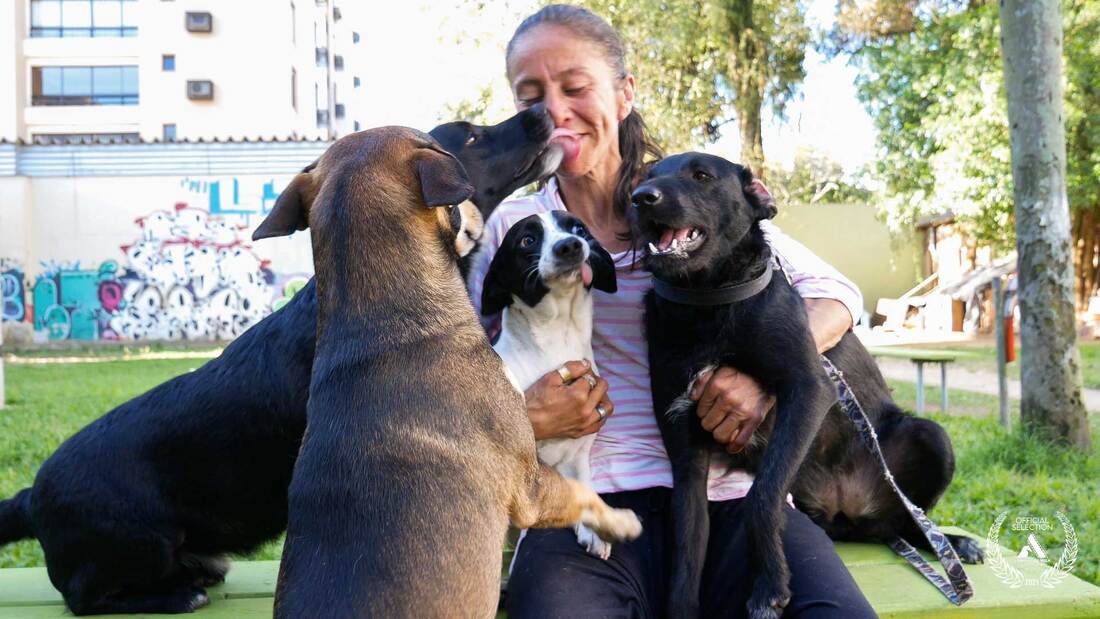
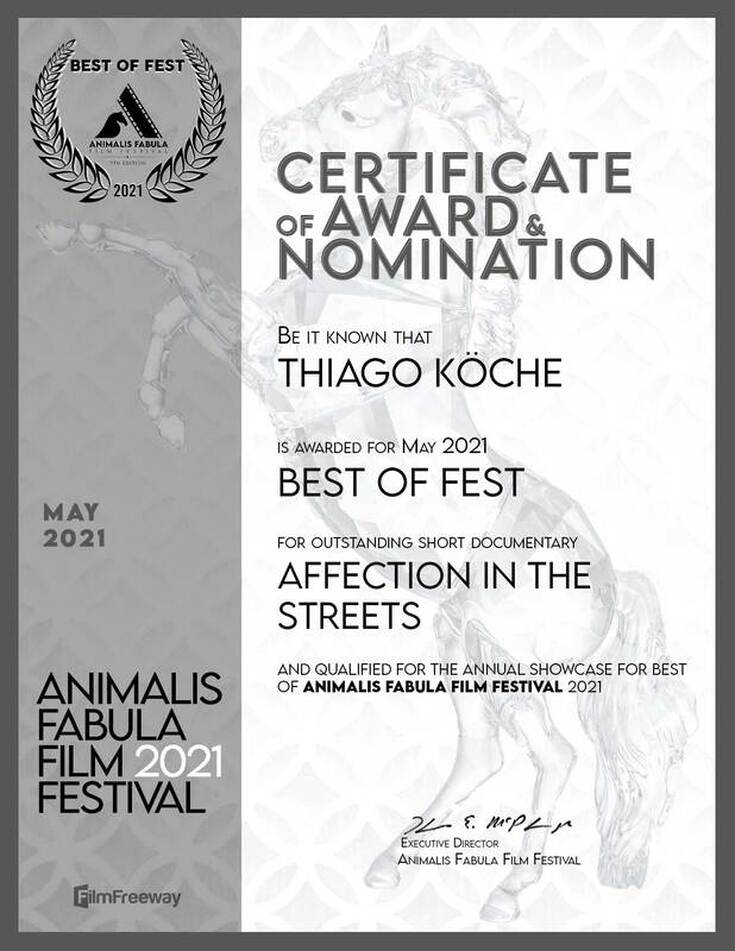
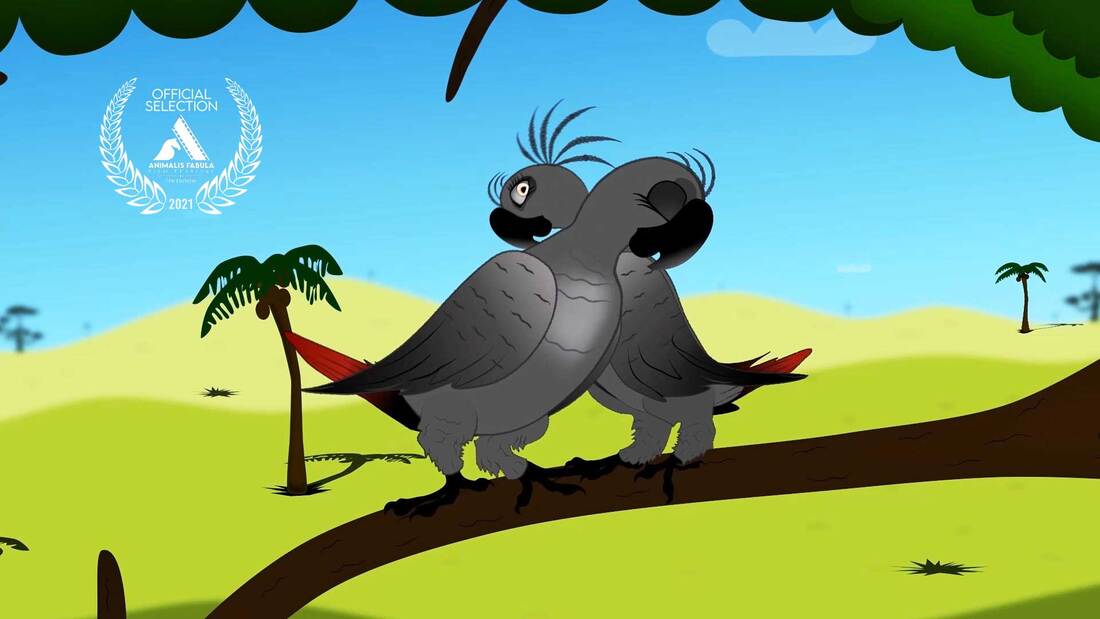

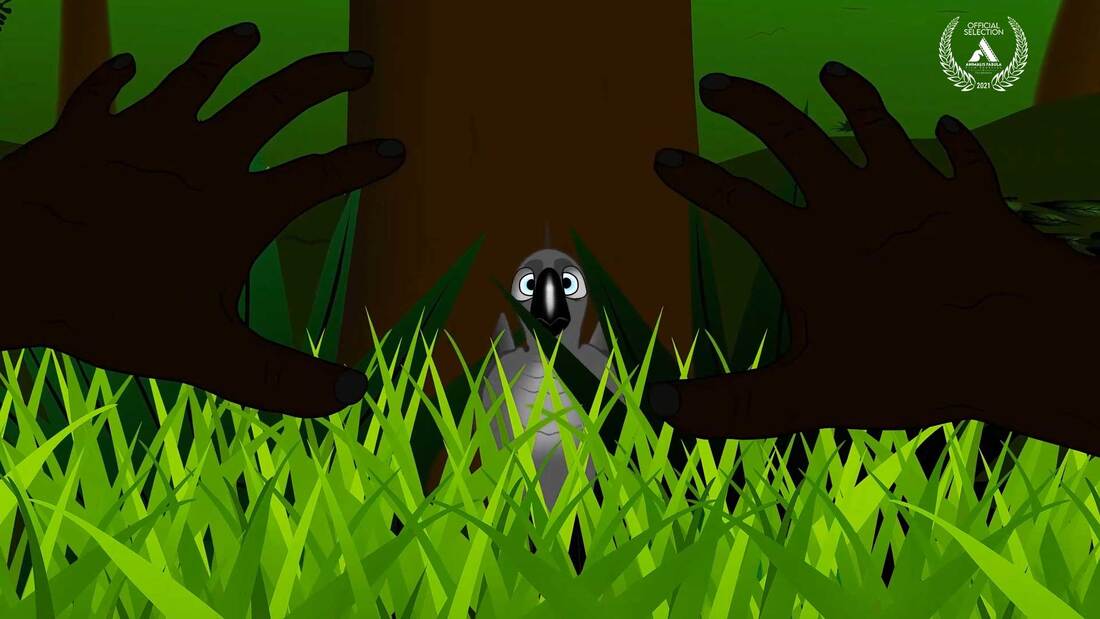
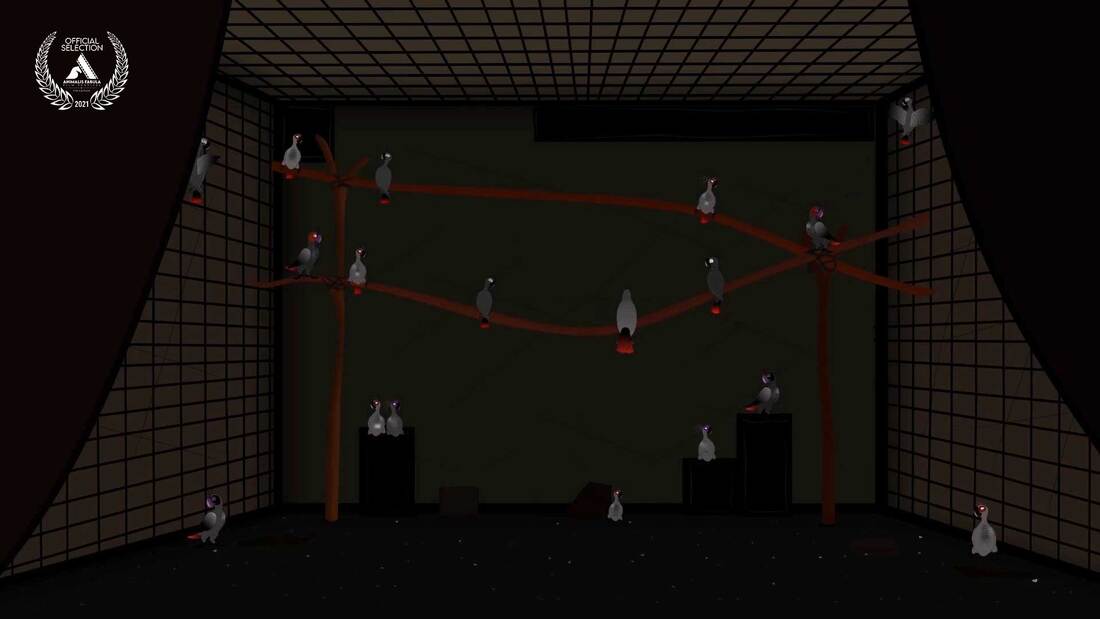
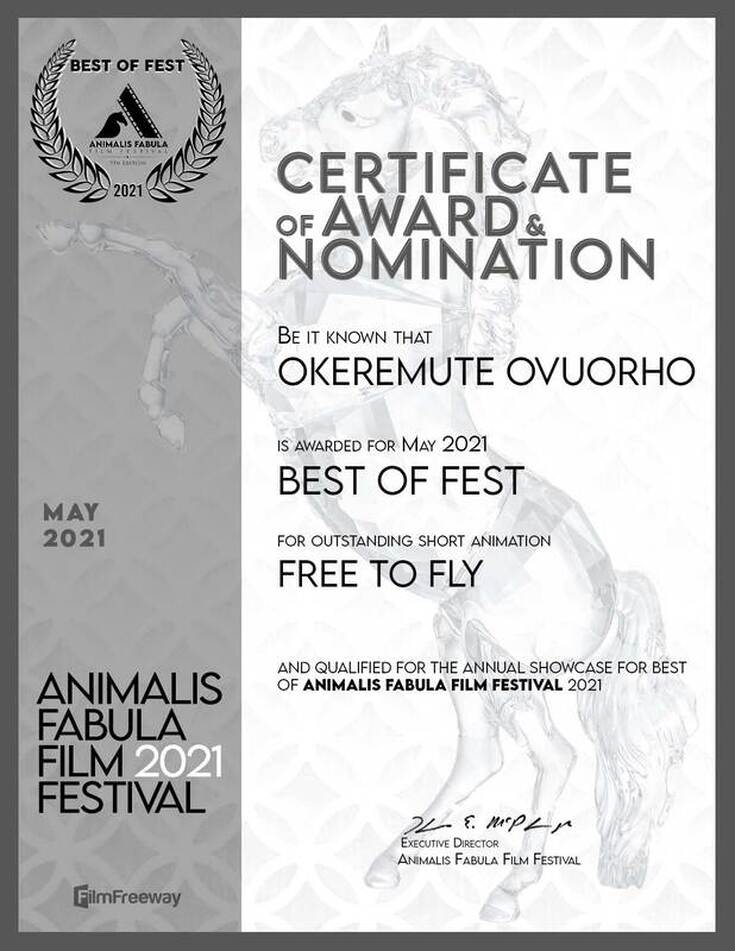
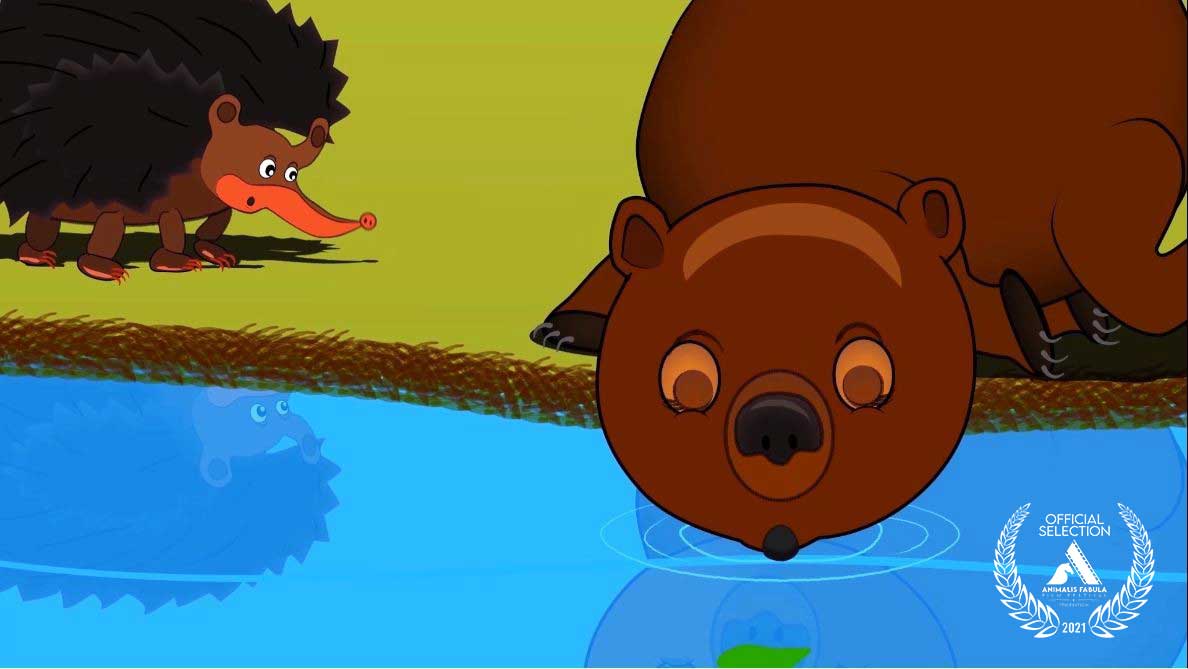

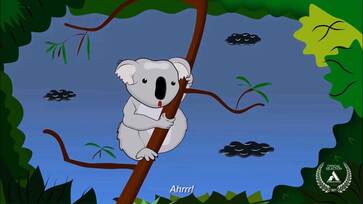
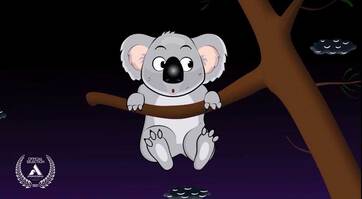
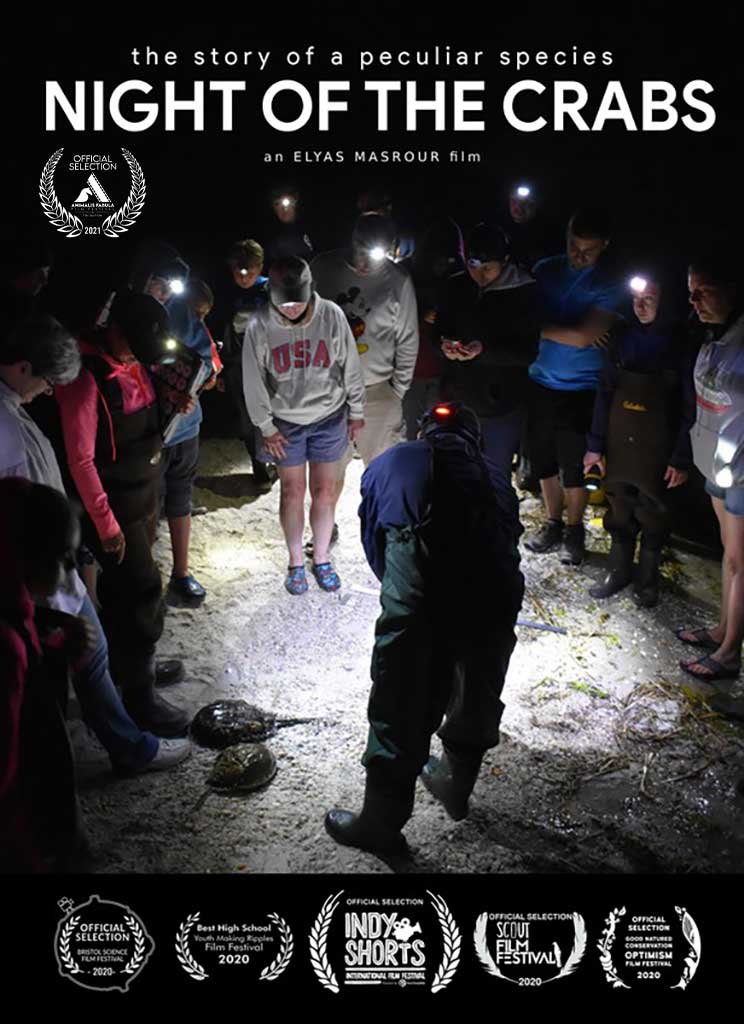
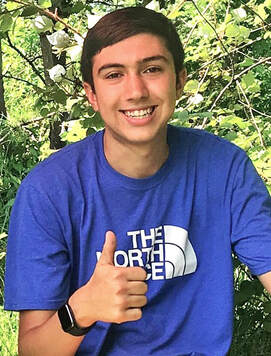
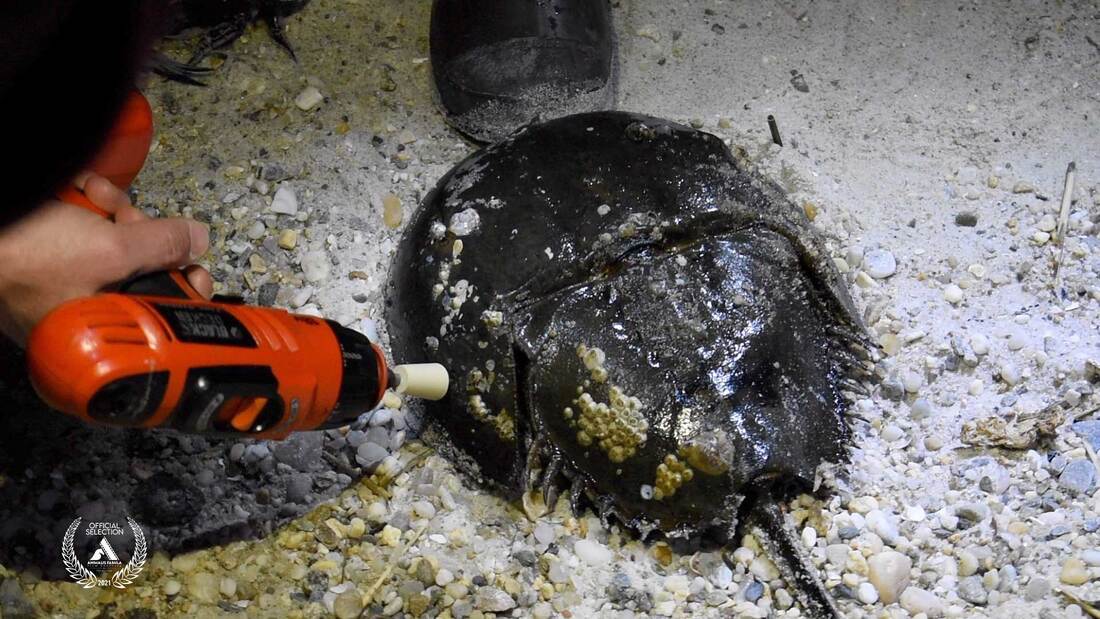
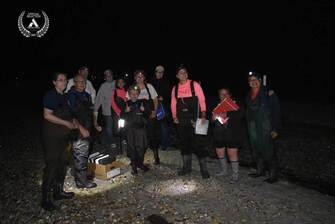
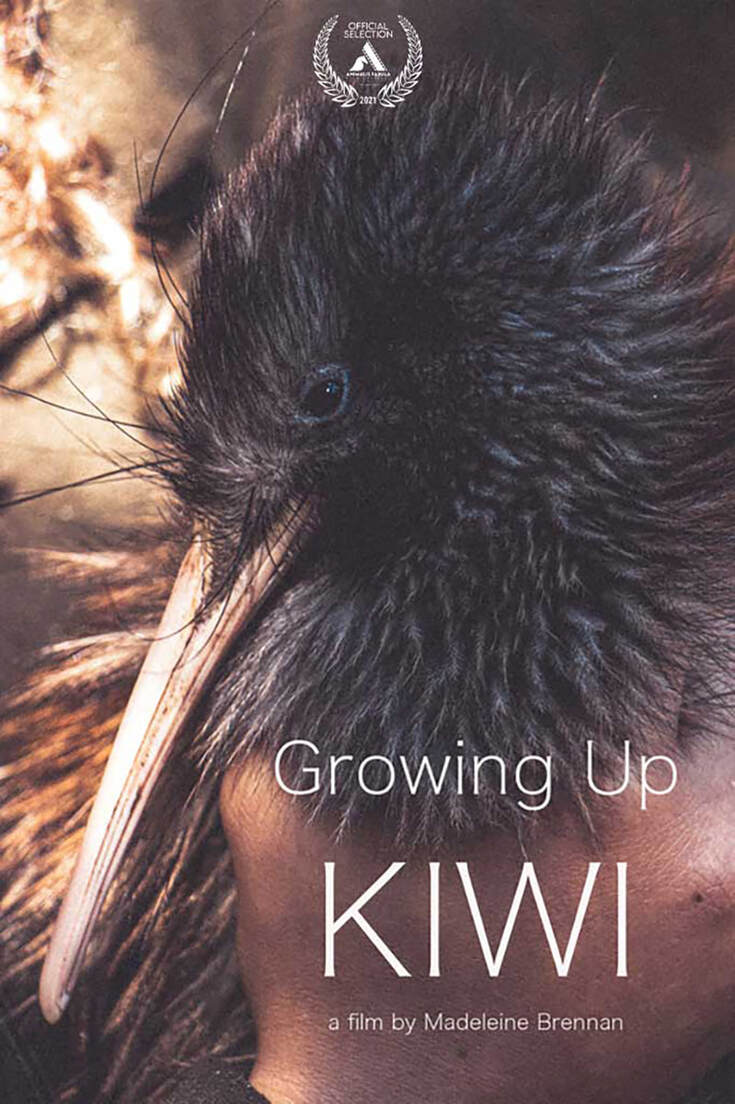
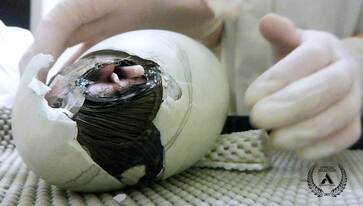
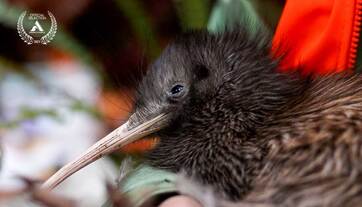
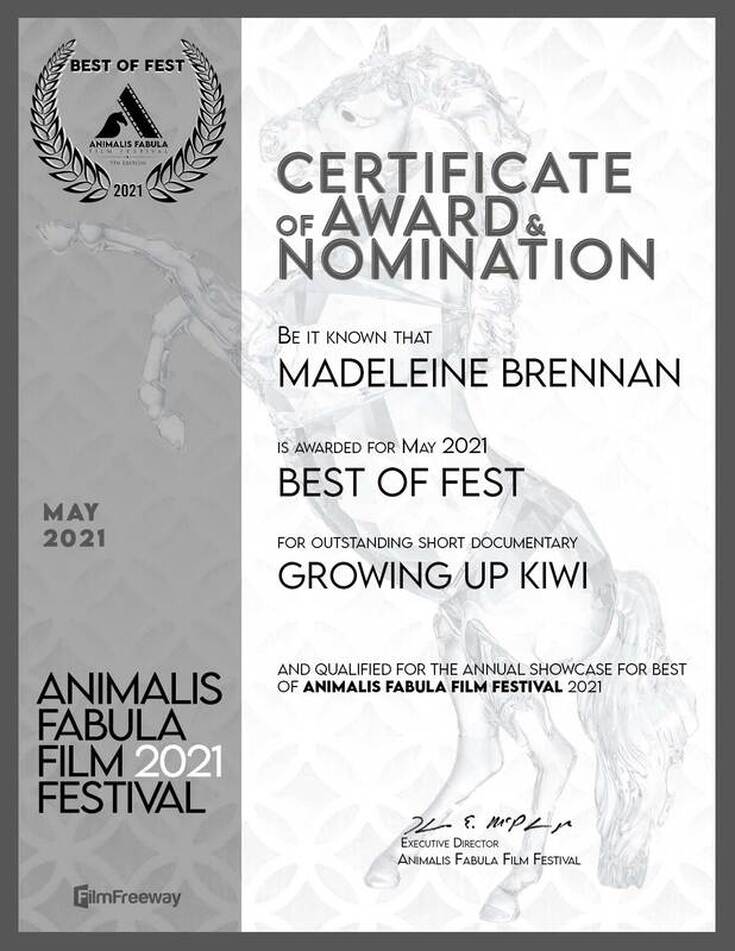
 RSS Feed
RSS Feed
